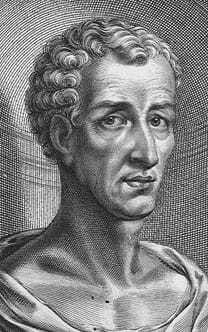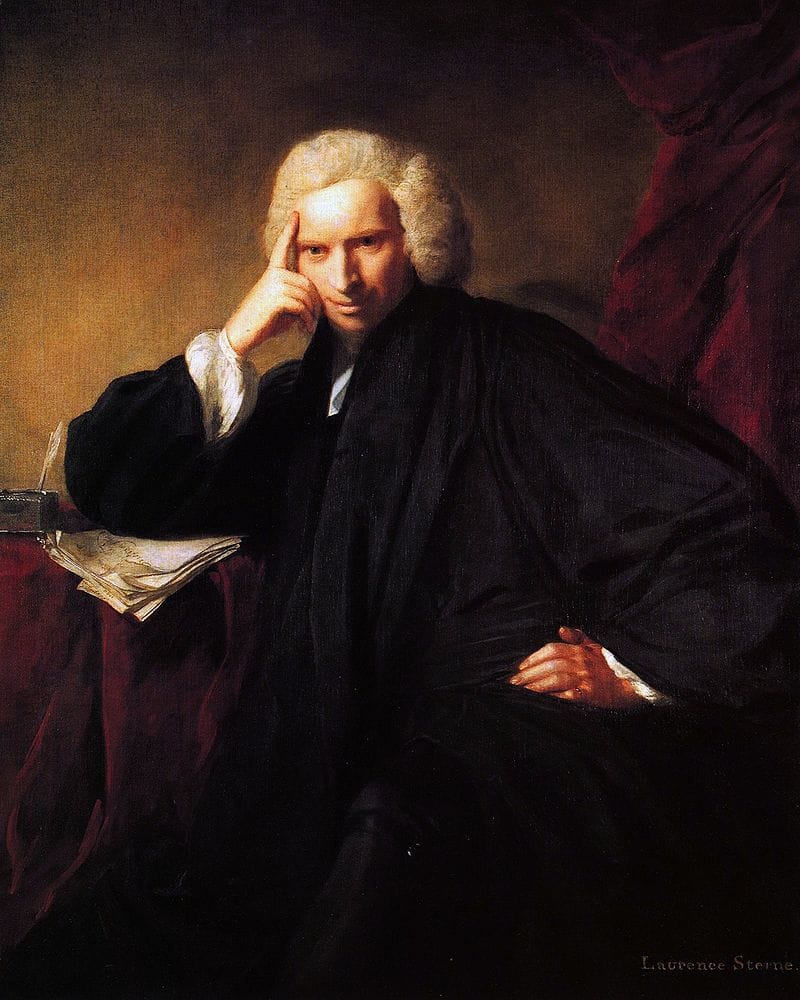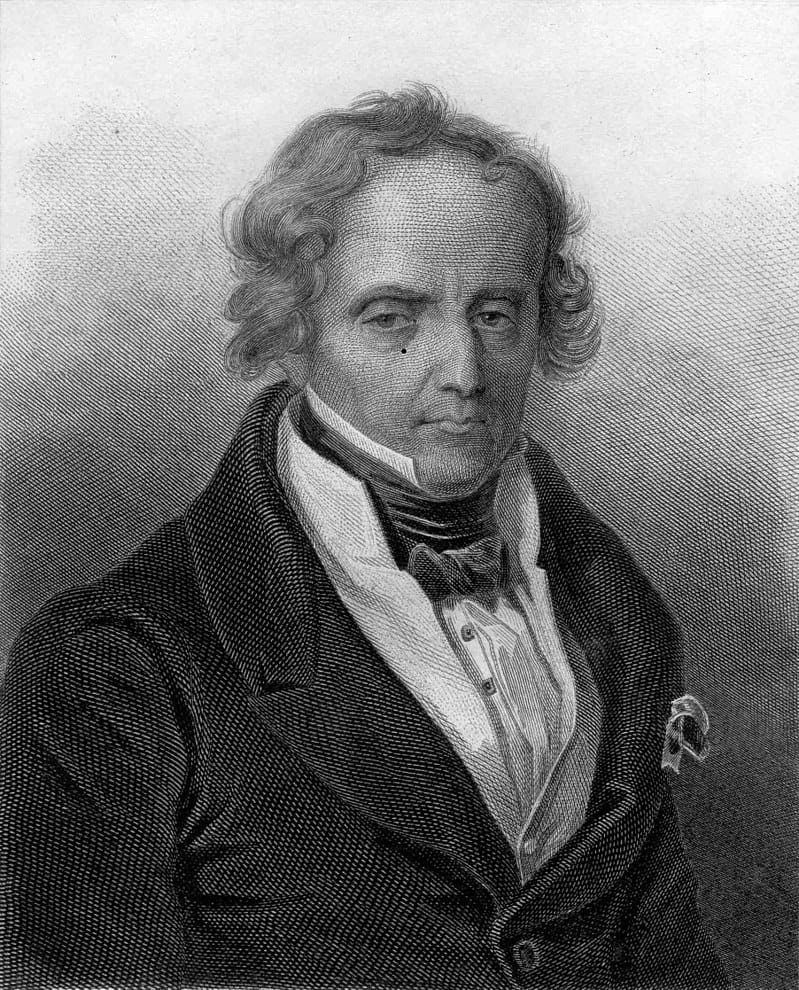Lucian of Samosata

If Herman Melville had a patron saint it was this man, who lived from circa 125 AD – 180 AD), a "vile Atheist" whom Melville liked because they both enjoyed satirizing "tall tales." Melville is not given enough credit as a satirist; of course not many got the satire, let alone appreciated it.
Lucian’s most famous work is True History or A True Story, which it clearly isn’t. Lucian and his companions sail westward through the Pillars of Hercules and, after visiting an island like Odysseus or Melville, a waterspout carries them into the air and all the way to the moon where they get involved in a war between the King of the Moon and the King of the Sun. After returning to earth they get trapped in a giant whale (Moby Dick), they visit some more islands (Typee) and the story ends without the slightest resolution, but a sequel is promised.
Another work, Philopseudes (literally “Lover of Lies”), seems to have been the inspiration for the famous poem by Goethe Der Zauberlehrling, written in 1797 and translated into English as The Sorcerer’s Apprentice, the title of this chapter.
Lucian took aim at Christianity in another work, The Passing of Peregrinus, which influenced Melville’s Mardi, Pierre and The Confidence Man. Although he was a satirist, Lucian appears not to have taken any of it too seriously – again, like Melville. Nowadays there are fights over his ethnic background: born in what is now south-east Turkey, he wrote in Greek but he was not Greek. Syrian, Assyrian or Kurdish perhaps?

Two other great satirists of tall tales worth mentioning here are Laurence Sterne (shown above) - my encounter years ago with Tristram Shandy (1759-67) changed how I thought about literature - and Xavier de Maistre (shown below) - who had read Sterne and who was responsible for the wonderful parody of travel literature, Voyage autour de ma chambre ("Voyage Around My Room") published in 1794.

